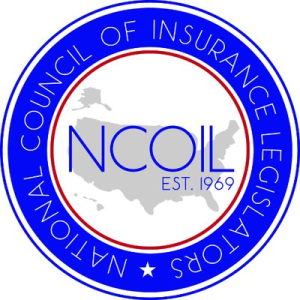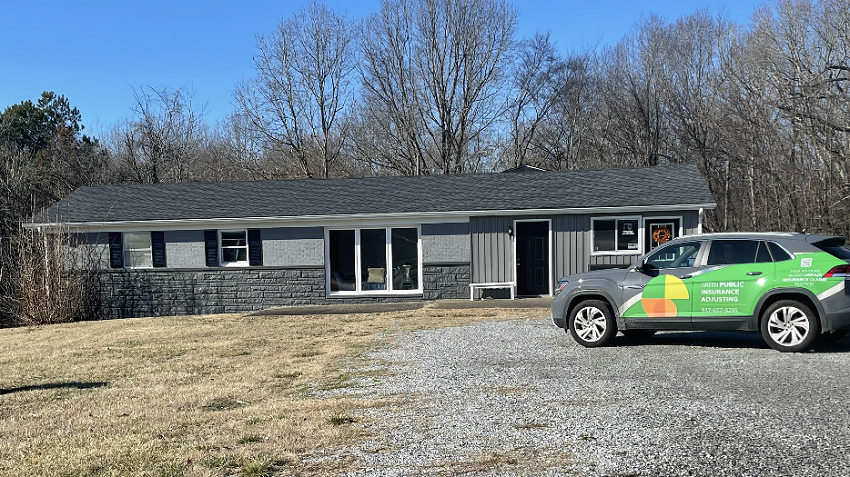
The Dangers of Aggressive Contractors in Home Insurance Claims
Aggressive contractor tactics following storms and major weather events have drawn increasing scrutiny as some companies pressure homeowners into premature agreements or attempt to influence the insurance claims process. States are responding through stricter enforcement of public adjuster licensing laws, consumer-protection measures, and regulations targeting high-pressure solicitation. In Ohio, existing laws governing public adjusters, prohibitions on unauthorized claim handling, and home-solicitation protections form the foundation of these efforts, with additional proposals aimed at reducing post-loss contractor influence. These initiatives seek to protect policyholders, preserve the integrity of the claims process, and clarify the legal boundaries between contractors, adjusters, and insurers.







